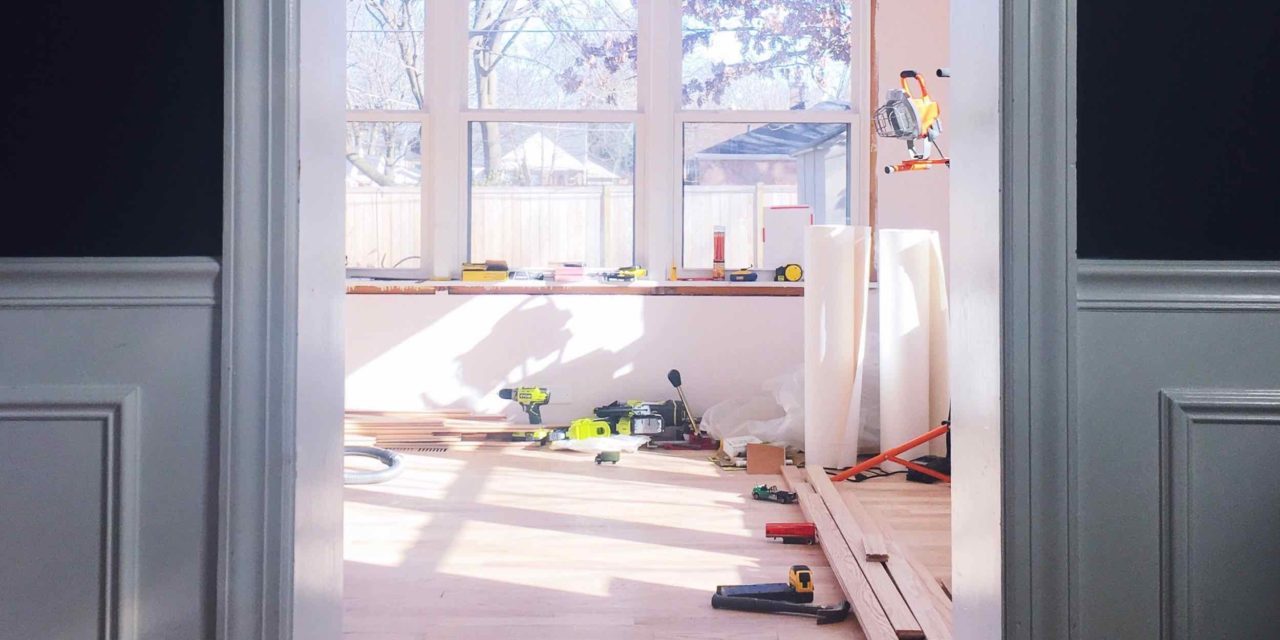Updated: March 27, 2023
Renovations are rife with risk and undesirable results. Here’s an updated list of what homeowners need to know to ensure that their renovation projects are completed as expected, on budget and on time.
- Know What You Want
- Cost Items
- Prepare Your Budget
- Define & Prioritize Your Unique Requirements
- Choose a Qualified Contractor for Your Needs
- Write a Contract that Gives You Protection
- Take Ownership of Your Project
- Know & Defend Your Rights
1. Know What You Want
Having a clear vision of your desired outcome upfront is critical in the renovation process. It is not enough to have a precise, overriding goal, such as an “Aging in Place” modification for a parent, or needing to sell an investment property quickly and economically. The “knowing” has to extend much further into the details, such that you can effectively control the renovation process to keep your project on schedule and on budget.
Equally important, the homeowner has to remain strong throughout the project to ensure the finished product meets one’s expectations. This requires being sufficiently wise to know where and when concessions can be made to move the process along, and being appropriately tough to defend key needs that cannot be sacrificed or compromised under any circumstances. Key to being wise and tough is knowing your rights as a homeowner.
- Essential Elements of a Home Renovation Contract
- Protection & Safety for Your Home Renovation Project
- Planning for Post-Demolition Surprises
- Homeowner Liability with DIY Projects
2. Cost Items
When planning a renovation project, make sure you know the market cost of items on your wish list. How much more is the Viking six burner with the Thermador Hood than the Zline brand with similar options? Know what you are getting for your money by comparing and contrasting features against your key needs. When pricing items, be sure to conduct comparative overviews of different products based on price, reputation, and maintenance costs to help you choose what is right for your budget and needs.
Also keep in mind the concept of Total Cost of Ownership (TCO), which accounts for both direct and indirect costs once you start using an appliance, product or service. Certain products can also save you money by reducing your homeowners insurance premiums. (See How to Choose a Water Leak Detection System for Your Home for one such example).
Also see:
3. Prepare Your Budget
Creating and managing a budget is critical to ensuring a successful home improvement project. With the Purgula Master Budgeting Spreadsheet, you can more accurately track your spending throughout your project. Also research various financing programs through creative options such as Shared Equity Contracts, FHA 203(k) Loans and Home Equity Lines of Credit (HELOCs).
Also see:
4. Define & Prioritize Your Unique Requirements
We strongly recommend creating a detailed RFP (Request for Proposal) document that provides granular details of your project that should be shared with prospective contractors. This process will help you organize your requirements and specific expectations, which are vital for landing a well-qualified contractor. An RFP will also allow you to control the contractor bidding process by requiring similar proposals that address your key needs.
Providing structure and process to the bidding process will make it easier for the homeowner to compare information accurately and fairly across all proposals. The RFP process will also reduce the number of unnecessary visits to your home by prospective contractors, as it is can effectively thwart unqualified bidders from wasting your valuable time.
5. Choose a Qualified Contractor for Your Needs
Using the wisdom of past experiences and the collective voices of consumers, who have had both good and bad experiences with their own home improvement projects, we offer tips for selecting a vendor. Are online lead generation sites good sources of information when considering a contractor? Is it legal to post a bad review if you have had a bad experience? Can you be sued? We address all of these issues. An RFP will help in this area, as well, as it will specify the core qualifications required of contending contractors.
- How to Choose a Qualified & Trustworthy Contractor
- Post-Mortems of Completed Renovation Projects
- Your Rights to Post Negative But Truthful Reviews Online
6. Write a Contract that Gives You Protection
Be sure to understand the essentials of a strong renovation contract that will protect you, the homeowner, should your project start to go sideways. You should feel confident that you have all the elements of a solid contract before you write your first check. Central to Purgula’s mission is educating and empowering homeowners before they sign a contract. Unfortunately matters get significantly more challenging after having entered into a contentious or dysfunctional partnership.
- Essential Elements of a Home Renovation Contract
- Home Renovation Contracts: Costly Mistakes to Avoid
- Renovation Permits 101
- Key Concepts of Construction Warranties
- Cautionary Tales from the Non-Permitted
7. Take Ownership of Your Project
Commitment to the renovation process does not end once you have signed the contract. A smart homeowner knows to stay intimately involved throughout the project. Consistent walk-throughs and evaluations of your contractor’s work need to be documented, in as many forms as possible: email; text messages; photos; and video. Regular interaction with the contractor, to confirm status and next steps, is critical to ward off any problems that may result from poor communication, either spoken or written. Keep abreast of tips on how homeowners can stay vigilant through what at times can seem like overwhelming situations. Most importantly, do the upfront research and planning to prevent these stressful experiences.
- The Importance of Punch Lists
- When to Sign Your Project Completion Form
- Lien Waivers: What Homeowners Need to Know
- Key Concepts of Construction Warranties
8. Know & Defend Your Rights
Should something go wrong with your renovation, know your rights. Keeping good documentation (texts, emails, videos and photos) will keep you well armed and prepared should you be forced to arbitrate or litigate a claim. What are the steps you need to take to get the process started? Should you hire an attorney? We keep abreast of current legal knowledge, rulings and legislation to help homeowners stay aware of specific rights, should you find yourself in a dispute.
- How to Deal With a Bad Contractor and Reset Your Renovation
- Lien Waivers: What Homeowners Need to Know
- Key Concepts of Construction Warranties
- Your Rights to Post Negative But Truthful Reviews Online
- Purgula Curated Legal & Consumer Protection Resources







